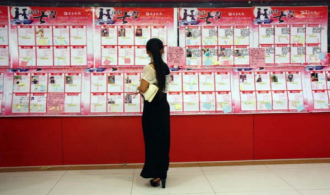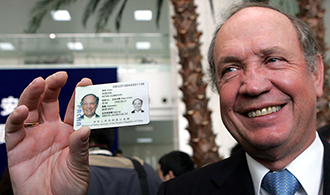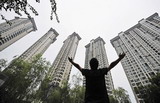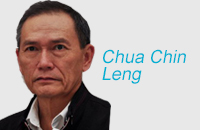Consumers must keep shopping rationally
(China Daily) Updated: 2016-03-18 07:57
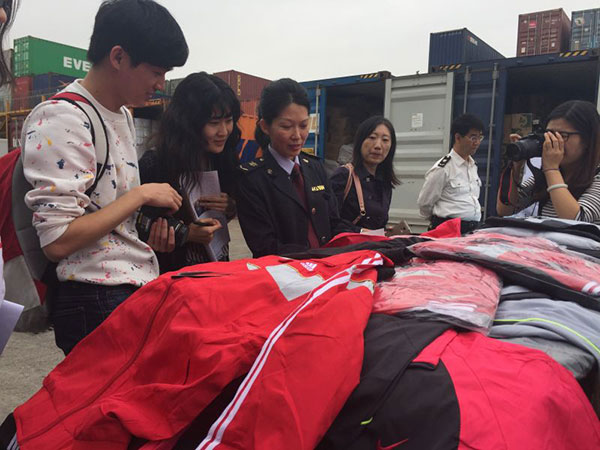 |
|
Liu Mei, deputy head of Huangpu Entry-Exit Inspection and Quarantine Bureau, shows seized Nike counterfeits at the Huangpu Customs in Guangdong province, Nov 10, 2015. [Photo by He Yini/chinadaily.com.cn] |
Police in Nanjing, capital of Jiangsu province in East China, recently seized large stocks of fake Botox and hyaluronic acid. Changsha Evening News commented on Thursday:
Manufacturing fake cosmetic products that cost less than several yuan to produce and then are sold for up to 8,000 yuan ($1,230) is illegal and harmful to people, however lucrative it becomes. Compared to this, cases such as the seafood stall in Qingdao, Shandong province in East China, that reportedly charged a customer 38 yuan per shrimp last October and a fish restaurant in the northeastern city of Harbin that reportedly charged 10,000 yuan for a dinner for 20 people, seem less notable.
The difference is that the diners realized immediately that they were being ripped off, while the fake cosmetic products packaged like the real thing are hard to identify.
The anti-counterfeit campaign is not only the responsibility of the authorities, consumers also need to cultivate rational shopping habits and realize that a high price is not the be-all and end-all.
- China highlights online fake fight on consumer rights day
- Society: Destroying fake products
- In pictures: Destroying fake and shoddy products
- Counterfeit Viagra, other fake drugs seized
- Baidu faces punishment over porn, fake adverts
- Retailers and officers must join forces to target fake goods
- Fake goods hurt e-retail

I’ve lived in China for quite a considerable time including my graduate school years, travelled and worked in a few cities and still choose my destination taking into consideration the density of smog or PM2.5 particulate matter in the region.

